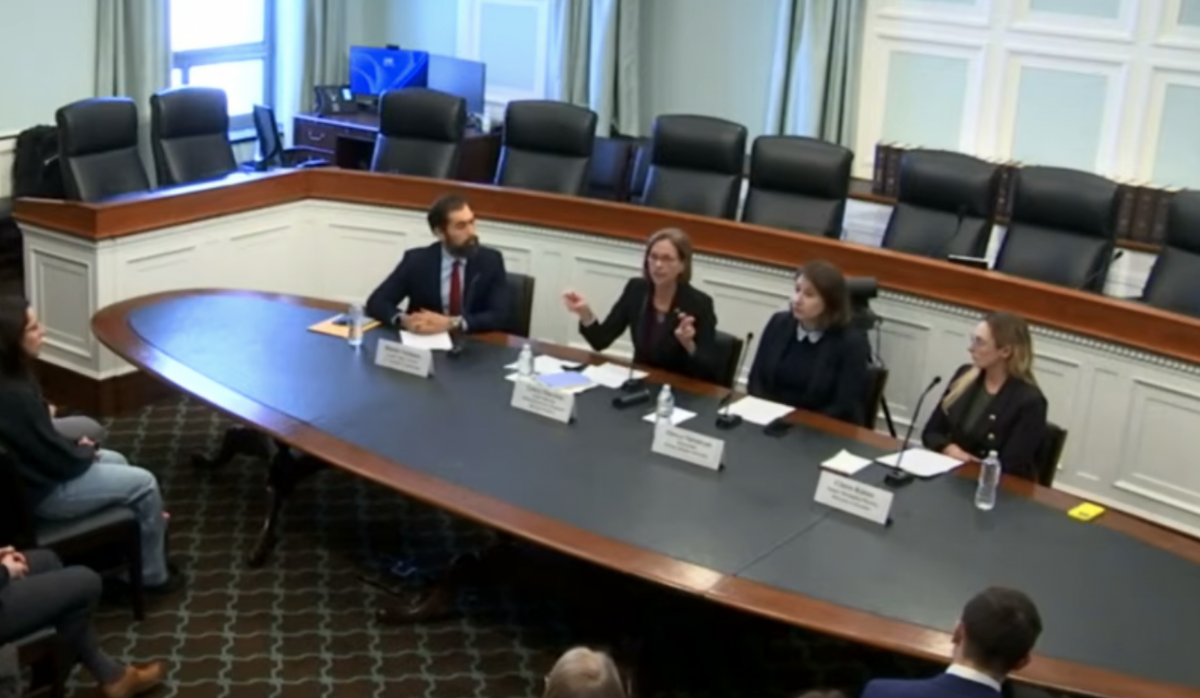How dynamics kill love
If our acquaintances discuss people they don’t know on social media, they are either football players or “Games of Thrones characters. It should be noted, the 6th season has just finished and the social media are still excited.
And there was Karl before that, and the “Lost had been some ten years before Karl. Today, the “Game probably has the same iconic status that the Star Wars had forty years ago. We understand in a matter of a second what a friend is talking about when he posts a status.
So, why have TV series replaced films in pop culture or collective consciousness, or, to be more precise, in people’s hearts?
A story consists of four parts–the exposition, the set-up, the culmination and the climax. It can’t be otherwise in pop culture. At least it has not been until present. Keep that thought in mind and let’s move on.
Cinema
Cinema has gone back to the times of the “arrival of the train”. Budgets have reached a threshold when: a) the studios cannot entrust a film director with casting and seeking out a decent script; b) the big screen is the main source of profit. A film is only profitable in theaters. It is not watched over and over again.
For a film to be successful in theaters, there is a need for energy. Energy is what cinema needs. It’s like when a train arrives in the station.
What happens next is: given the fact that this energy becomes a goal in itself (this is the only guaranteed way not to squander the budget); the other elements, narration and development of a character, are left out.
Sometimes the main character plays himself, sometimes “the character is played by the entourage, sometimes several characters are unveiled. The camera should be stabilized at least for five minutes, allowing the audience to evaluate the dialogues and see the development of the main character. Also, it is paramount for the dialogues to not resemble slogans or tweets. Each second the camera is idle (when it is not moving and recording something) can undo the millions invested in the project. The character is unveiled through his actions and dialogues. The development of a character creates an inner process (it’s not me, who invented it. These are the basics of the playwriting), i.e. more ‘exposition-set-up-culmination-climax’ that the audience may not realize is taking place but can feel. Ideally, the second layer of senses are active for these moments.
All of this goes away when the studio eliminates dozens of thousands of the submitted synopses (we’re not talking about the scripts). The plot is written, the director and the actors are chosen, hundreds of versions of the script are written, then these ideas are tested out and discussed in focus-groups.
Now for TV-series
Do you remember how I mentioned the word climax? TV series don’t always have one. The aforemention TV-series “Lost had neither a culmination nor a climax because indecisive scriptwriters put all the scenes together and came up with an “it was just a dream ending. The same thing happens to other projects that stay on the air until ratings drop. So, if previously the stories were crafted in a way to increase the tension, it happens the other way around with TV shows.
As a result, both TV series and films, break the laws which have been established throughout two centuries of pop culture.
So, why do audiences prefer TV-series over films, even though both of them don’t follow the rules?
Why is Cumberbatch no less popular than Hollywood stars?
Why is Sean Bean, who has starred in dozens of films, Ned Stark?
This is because TV characters give us enough screen time to take a liking for both the main and supporting characters. And it has also turned out that audiences are bigger fans of the process rather than the outcome, as well as their favorite character as opposed to the culmination and the climax.
In 1994, we sympathized with Forrest Gump and in 1975 with McMurphy, and we are not in the least bit interested in what will happen to any of Michael Bay‘s characters. We don’t want Karl to die. He has grown up, he has suffered, he has changed, we have grown up together with him and we don’t want to lose him.
A cover photo: forbes.com
Published 02.07.2016



















